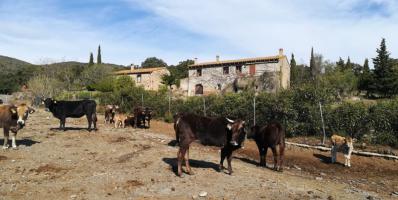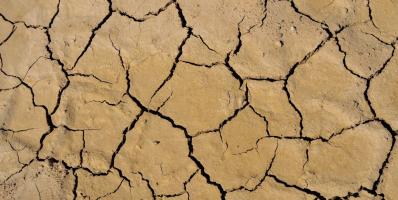How to improve the EU's drinking water supply by monitoring lakes
Monitoring the extent of lake effluents provides valuable information on the risk of pollution and contributes to improving drinking water production and preserving environmental sustainability. This is the aim of the European WQeMS project, which seeks to improve the supply of drinking water to all member states of the EU by monitoring the quality of lake water, through Earth observation tools.







